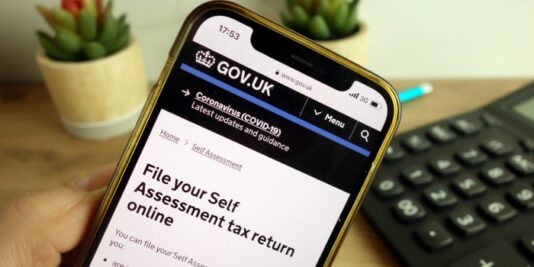UK general election: 4th July 2024
In a bold move that took everyone by surprise, including members of his own party, Prime Minister Rishi Sunak announced on 22nd May that the next UK general election will take place in several weeks – on 4th July 2024.
Earlier in the year, Sunak said that he was working with the assumption that the election would be held ‘in the second half of the year’. While most people expected a winter election, the July date technically meets that description.
So, what happens next, and what does this mean for UK tax policies?





